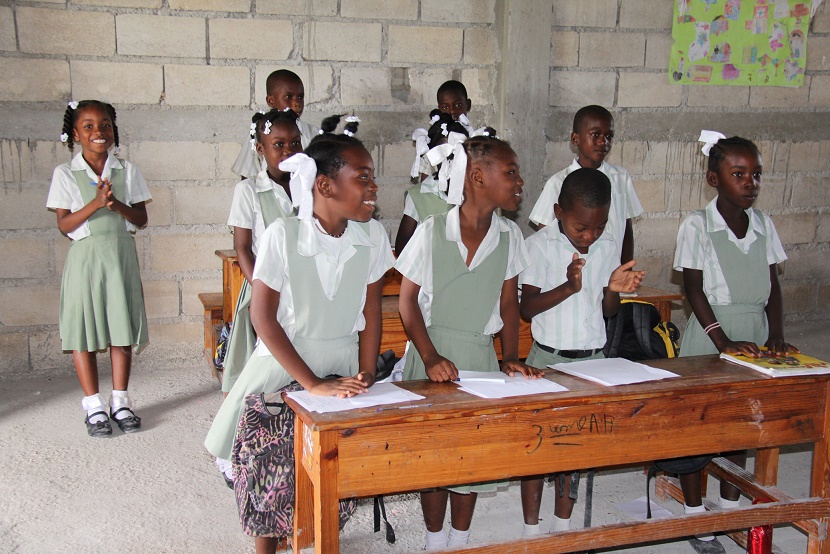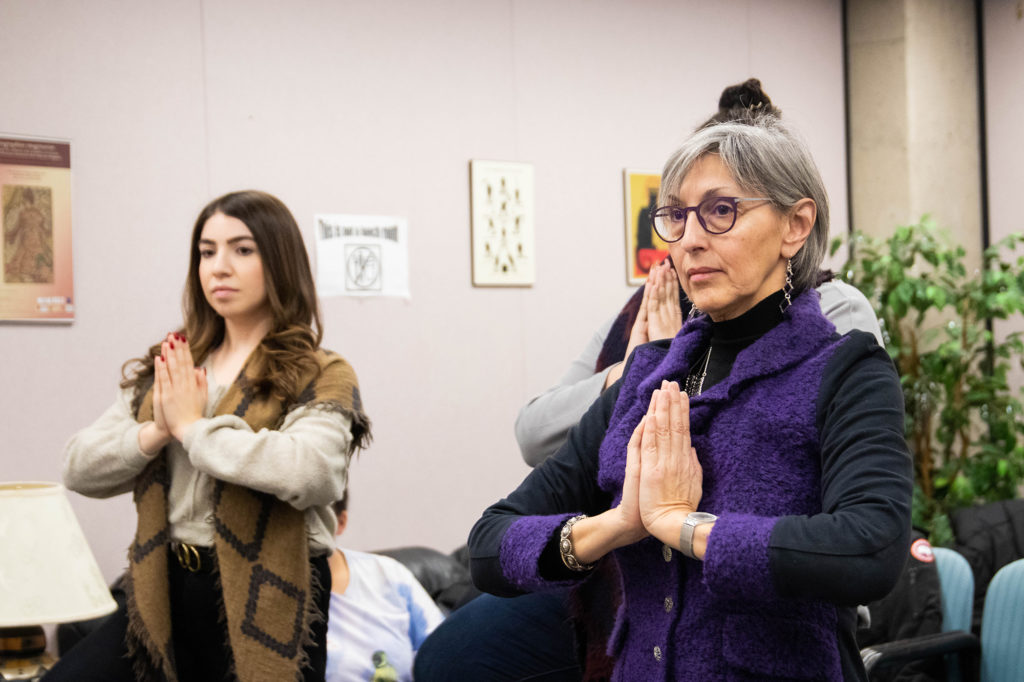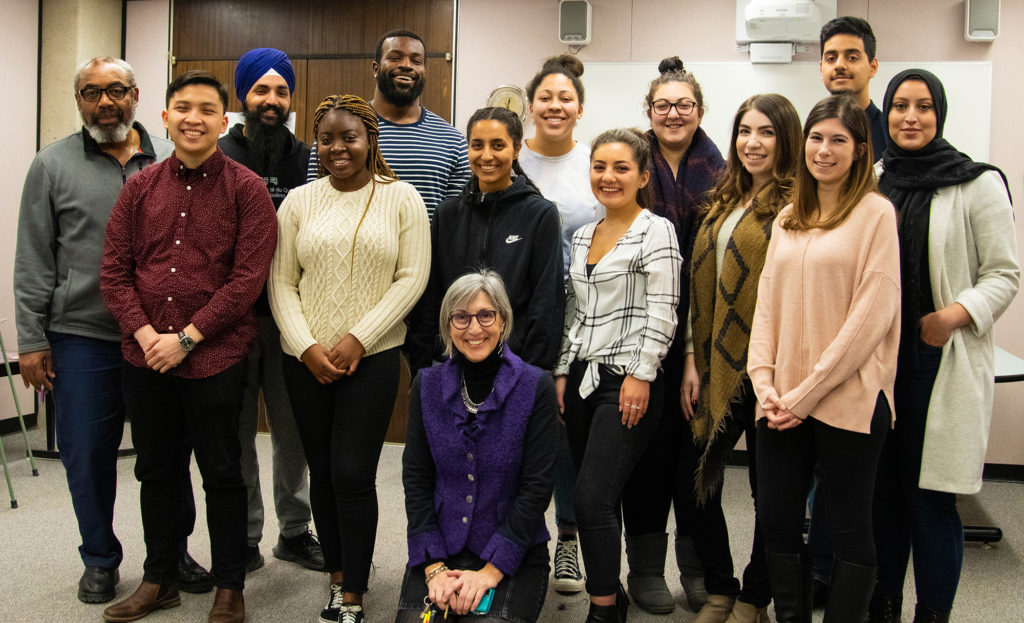More than 2,800 kilometres away from Toronto, educators at an elementary school in rural Haiti are teaching young minds with activities developed by York University students.
It’s all part of a unique community service learning project taking place within the full-year capstone French course, FR 4090: Language and Techniques of Communication. Although the course is aimed at enriching students’ French language skills, it’s also fostering students’ global citizenship with an experiential education project giving them a chance to make a positive impact.

Students enrolled in the course collaborate with their peers to design hands-on learning activities for educators at the St. Paul Elementary school in the town of Corail-Cesselesse. The school, which has a student body of more than 400, was established by Toronto-based non-profit Pierspective Entraide Humanitaire (PEH) following the devastating 2010 Haiti earthquake. As the community partner on the FR 4090 project, representatives from PEH hope that materials produced will help transform the way students in Haiti learn.
“Right now, there is too much memorization in the students’ learning,” said Antoine Dérose, vice-president of PEH. “As a result, it is difficult for them to retain concepts.”
Working in small teams, FR 4090 students adopted a role similar to that of educational consultants to tackle four areas of Haiti’s national curriculum: life and earth sciences; languages: French, English and Creole; math, physics and chemistry; and physical education.
“The purpose of the work that the students are doing is not to train the teachers,” said York University Professor and FR 4090 course instructor Christiane Dumont. Instead, she said, their goal is to “support the teaching with fun experiential activities.” Yoga, science experiments, math games and a re-imagined version of musical chairs are just a handful of the interactive educational activities that York University students have developed for St. Paul teachers.

For students, the opportunity to live their education and give back has been an immensely beneficial experience. “It’s really interesting to see how a school in another part of the world operates,” said FR 4090 student Victoria Ubriaco. “Seeing one that’s struggling and being able to help improve the education of students is really rewarding.”
After months of researching, designing and demonstrating their activities, the project is now in its final stages – but the process of getting to this point was no easy task for students. “There’s a lot to consider when building curriculum activities. The types of learning materials they have in Haiti, the resources, how students are taught, classroom sizes – those are all things that we’ve had to think about,” said Ubriaco.
One of the more challenging aspects of the project was ensuring that the educational activities created here in Canada are responsive to Haitian culture. With most students possessing little knowledge of the Caribbean nation, Dumont designed the course to include a group of Haitian researchers based in Toronto who act as fact-checkers. Their purpose is to offer students feedback and guidance on “the things that will make a difference in how the materials are understood and taught by educators,” said Dumont.
With an acute awareness of the gravity of this particular project, FR 4090 students have made every effort to produce activities which are relevant to the lives of St. Paul educators and pupils. Some students even took on the ambitious task of composing an original soundtrack inspired by Haitian folk music to accompany their activity in place of songs common to Western culture.
Despite the inherent challenges of creating educational materials, students are committed to the project. “Our main goal is working together to help the kids in Haiti,” said student Jabjit Grewal. Recognizing the project’s potential to change lives, the students in the course continue to focus is on supporting the cause.

“The leadership at St. Paul, particularly the school principal, Father Andre Paul Garraud, and the teachers, have placed a lot of hope in the success of this project. They believe it will give hope for a better future through an improved education system,” said Dérose.
Originally published in YFile.
